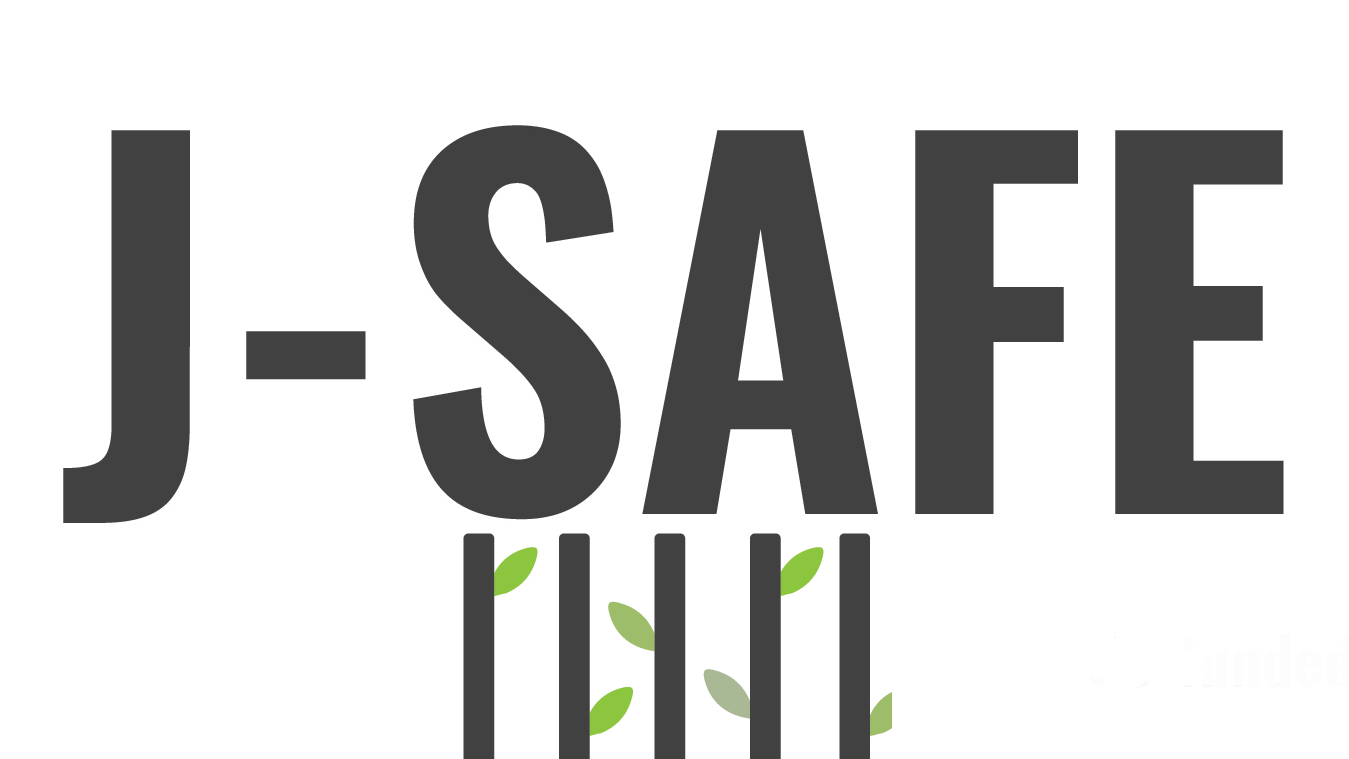HARMONISED gUIDELINES FOR JUDGES
The core purpose of this document is to provide judges with guidance when dealing with the complex decision-making structures faced when dealing with issues of radicalisation. This report provides a set of comprehensive guidelines to support judges in making informed decisions on sentences related to radicalization. Support and guidance notes are given for all stages of he procedures, including on individual rehabilitation plans for inmates who are under observation for radical behaviours, in prison or on probation.
The following guidelines have been developed through engagement with and feedback from local judicial authorities through workshops in the different countries implementing the J-SAFE project, namely Germany, Italy, and Spain. These guidelines were supplemented by in-depth research in the field of good judicial practice cross-referenced with best practice data from within the European Union and internationally. The mentioned workshops in Germany, Italy, and Spain consisted of judges, lawyers, prison consultants, juvenile centre staff members, psychologists, criminologists, and educators who were in the best position to identify the key issues that contribute to radicalisation in prisons. The results differed from country to country, but a number of findings were common across all three cases. The panellists in these workshops identified the lack of legal, conceptual or theoretical models that explain how individuals go through radicalisation processes, how they relate to violence and terrorism and therefore which would be the most appropriate legal and judicial strategies for prevention.
Harmonised Guidelines for Judges
The Handbook is divided into two parts:
Part I: analyses the ‘terrorism-radicalisation’ nexus. This part focuses on the relationship between the two phenomena from a legal perspective and how the judiciary can and should operate within the framework of the existing instruments.
Part II: analyses the ‘reversed nexus justice-radicalisation’. This part focuses on the negative impact that securitization measures can have on the escalation of radicalization, providing a series of measures to mitigate this potentially negative effect.


